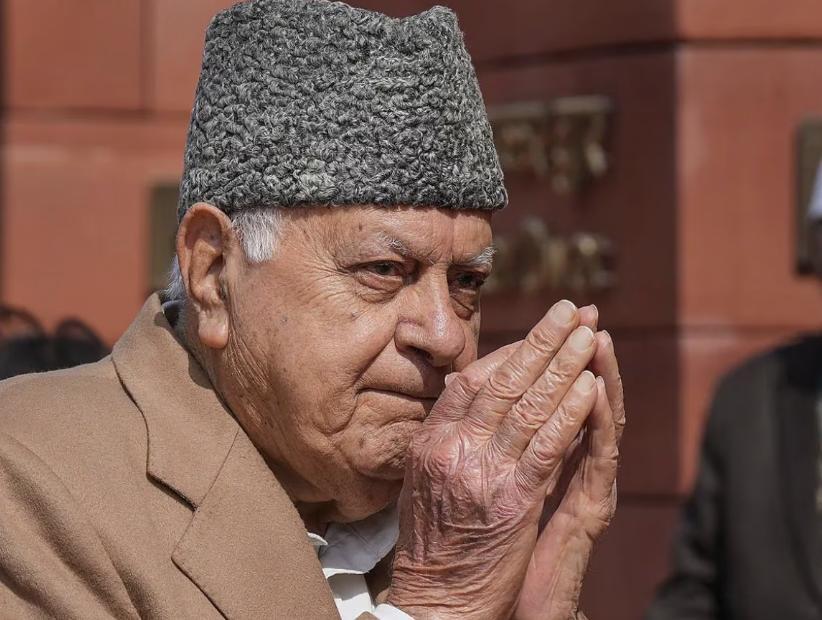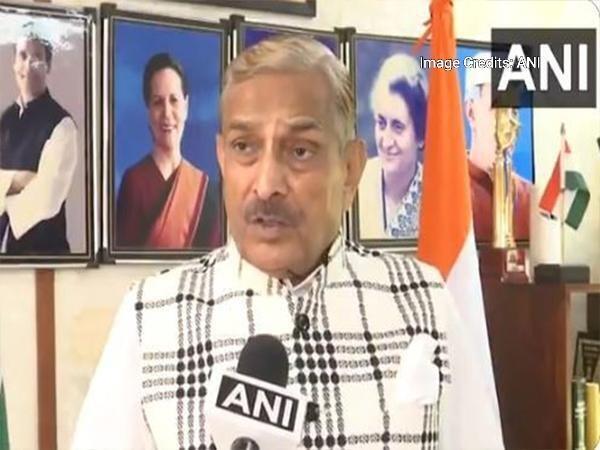
Title: Ex-R&AW chief Dulat claims Farooq privately backed Article 370 abrogation, he denies
In a recent development, former Research and Analysis Wing (R&AW) chief AS Dulat has claimed in his new book, “The Chief Minister and the Spy”, that former Jammu and Kashmir Chief Minister Farooq Abdullah privately backed the abrogation of Article 370. However, Abdullah has denied this claim, terming it a “figment of imagination” and stating that it is an attempt by Dulat to sensationalize his book.
According to Dulat, Abdullah’s National Conference (NC) had suggested that the abrogation of Article 370 would have helped in passing the Bill. Dulat made this claim in his book, which is a memoir that details his experiences as an intelligence officer and his interactions with various political leaders, including Abdullah.
Article 370, which was introduced by the Indian parliament in 1954, granted special status to Jammu and Kashmir, allowing it to have its own constitution, flag, and a degree of autonomy. However, the article was abrogated by the Indian government on August 5, 2019, through a presidential order, which led to widespread protests and unrest in the region.
Dulat’s claim has sparked a controversy, with many questioning the veracity of his statement. Abdullah, who was the Chief Minister of Jammu and Kashmir from 1987 to 1990 and again from 2002 to 2005, has strongly denied Dulat’s claim, stating that it is an attempt to sensationalize his book.
“I don’t know what this book is all about,” Abdullah said in an interview. “As far as I know, I have never supported the abrogation of Article 370. It’s a figment of imagination of the author who claims to be my friend.”
Abdullah’s denial has been supported by many in the political circles, including his party’s leaders and other political leaders from the region. They have questioned Dulat’s motives and accused him of trying to tarnish Abdullah’s reputation.
Dulat’s claim has also sparked a debate about the role of intelligence agencies in Indian politics. Many have questioned whether intelligence agencies should be involved in political decision-making and whether they should be allowed to make public statements about political leaders.
The controversy surrounding Dulat’s claim has also led to a renewed focus on the abrogation of Article 370 and its impact on the region. Many have expressed concern about the long-term consequences of the move and whether it has led to greater stability and development in the region.
In conclusion, the controversy surrounding Dulat’s claim that Farooq Abdullah privately backed the abrogation of Article 370 highlights the complex and sensitive nature of politics in Jammu and Kashmir. While Dulat’s claim has sparked a debate about the role of intelligence agencies in Indian politics, Abdullah’s denial has raised questions about the author’s motives and the accuracy of his statement.
Regardless of the truth behind Dulat’s claim, the controversy has once again highlighted the need for greater transparency and accountability in politics. It is essential that political leaders and intelligence agencies are held accountable for their actions and statements, and that the truth is revealed to the public.
Source: https://repository.inshorts.com/articles/en/PTI/5880e3bf-0a05-40d6-887a-465b5c760b3a






